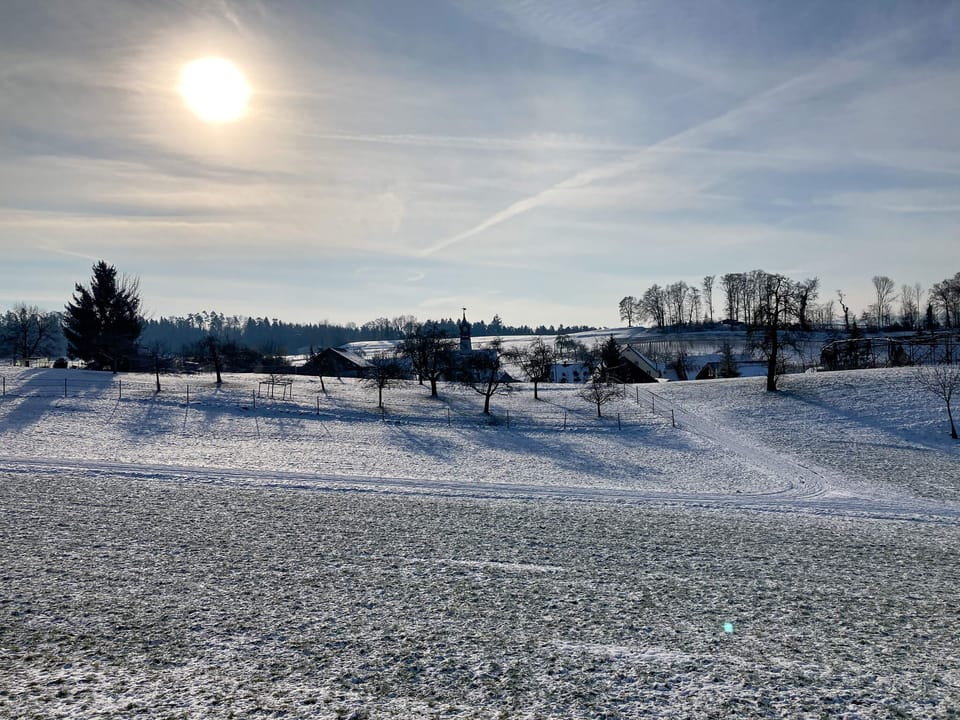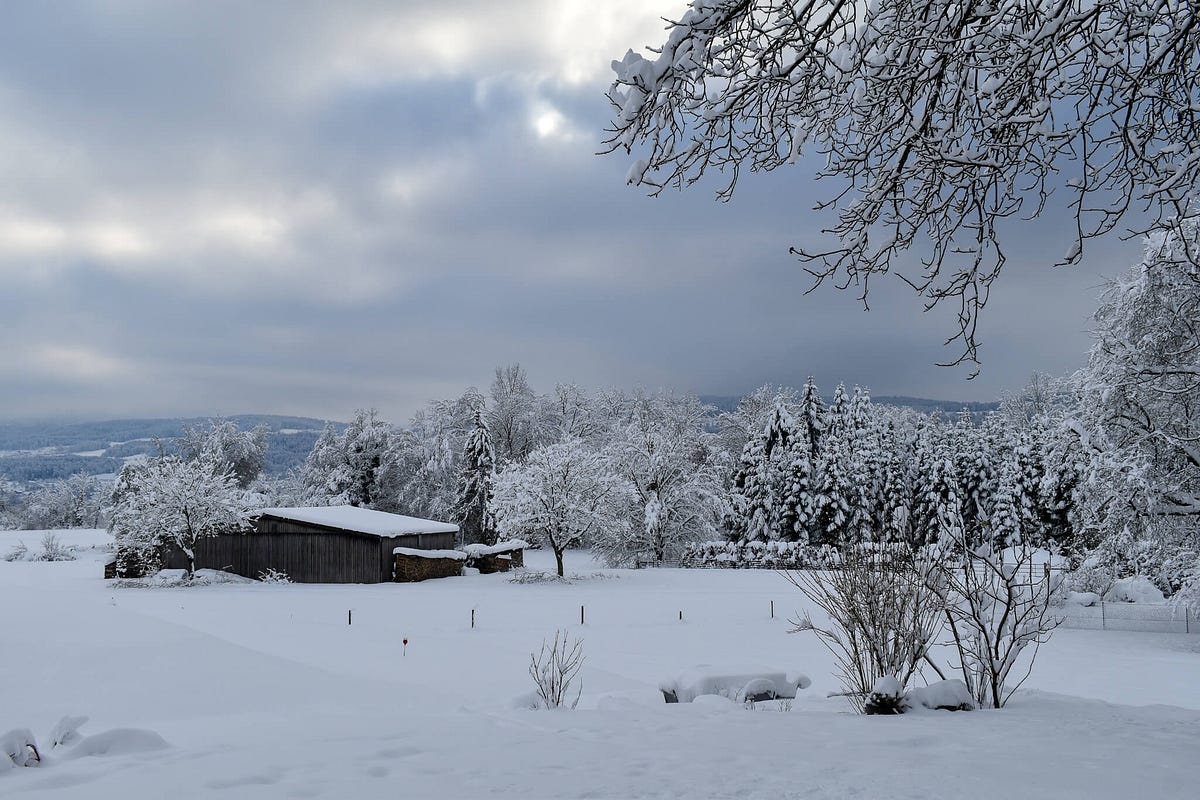Why I Thought Abandoning My Kids Was a Good Idea

Greetings friends!
I don’t want you to feel click-baited, so let me clarify that I didn’t think I was abandoning my kids by moving several thousand miles away from them. They’re the ones who said later they felt abandoned.
They had a point, I suppose. They were 22 and 20 at the time and still living at home with us in Switzerland. I told myself that kids in other countries like the U.S. routinely leave the parental nest at younger ages, for example, to go to college or start working.
I thought my kids would benefit from the independence and responsibility that come from living on one’s own. Because they showed no signs of moving out (and we didn’t want to kick them out), my wife and I hit upon the idea of us being the ones to leave.
I realize now it matters who takes the action.
When a child leaves home of their own volition, it’s their decision, their development. When a parent kicks them out (or, as we did, moves out themselves), it feels like something that was forced upon them. That it may be done with good intentions helps less than you’d think to ease the sting.
At first, I told myself their hurt reactions were childish — proof that our decision to force independence upon them was correct. After all, we were still in regular contact and supporting them financially and emotionally. How could they feel maltreated?
Our kids’ perspective was different than ours
It took months and months of hearing their complaints until I decided to stop resisting and just listen to what they were saying.
- Sure, we talked in advance about our thought process and the reasons behind our decision to move to the United States. The fact that our move made sense for us didn’t change that we didn’t give our kids a veto. It was our decision.
- Our son stayed in the family home (free of charge!), took ownership of the family vehicles (free of charge!), and had free run of the place (which he promptly exercised by having his girlfriend move in with him after we left). We felt he should think himself the luckiest 20-year-old in Switzerland. He felt like all the responsibilities had been dumped in his lap without him asking for any of it.
- While our daughter did move to another part of Switzerland for her studies, she too felt that we left her to face her challenges without the family support system. From getting a pickup at the train station to having Mom do the laundry or cook her favorite meal, our daughter experienced only a cold bedroom with dead plants when she came home for visits.

What makes a person an adult?
Becoming an adult is not something that happens overnight or in a single leap. It takes many tries over many years, often with steps backward as one reverts to a childish impulse. (I think of this every time I’ve convinced myself that popcorn followed by ice cream is a perfectly respectable dinner. It’s important to balance the salt with some sugar.)
We can make progress more or less quickly, and with abrupt transitions or gradual ones. Now, with some self-reflection as well as time and distance, I see we made our kids’ transition both quicker and more abrupt than it needed to be.
Sometimes you just need to rip the bandaid off. But often, we might accelerate a transition because the intermediate phase is uncomfortable for us. Is it my feelings I was trying to protect by booting myself out of my kids’ direct orbit?
And while I can give you all sorts of rationalizations and fine-sounding excuses (I am a lawyer, after all), in my heart, I know the decision was partly selfishness on my part, including wanting more flexibility and freedom of my own.
That, by the way, is one of the things that makes a person an adult: recognizing and accepting hard truths. Life is hard. We’re going to make mistakes. A child pretends and dwells in the fantasy world of wishful thinking. An adult says, “Yes, life is hard. I didn’t handle that as well as I could have. I accept it, and I will try to do better.”
How do things look now?
Our family dynamic started to mend once we acknowledged our kids’ feelings were valid. We have more conversations now, and more open ones, about how we’re all doing and feeling. In some ways, this makes the support we provide that much more effective.
Our kids did grow, tremendously, and are more independent and responsible, just as we had hoped. We are glad. Glad for their growth, but even more glad that our kids overcame our decision to leave them as we did.
I guess they’re becoming adults.
Be well.
Hit reply to tell me what's on your mind or write a comment directly on Klugne. If you received this mail from a friend, you can subscribe to the free weekly newsletter here.






Member discussion